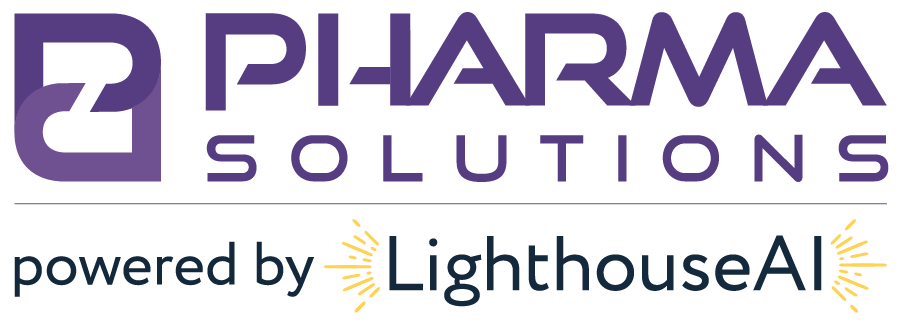Amazon’s Big Battle: Horizontal Consolidation & Vertical Integration of Healthcare
Our last article (Amazon & PillPack) touched on vertical integration in the pharmaceutical supply chain as well as healthcare in general – so why so much and so fast?
Theoretically, it could be a number of reasons but the answer is simple: power. In the case of healthcare, the biggest companies (with the biggest volume) have continued to dominate through strong-arm tactics. With the current political climate, these companies are now making extremely bold vertical moves to solidify their dominance. The trends show themselves: after years of horizontal consolidation, healthcare companies have been in a blitz over the last few years to create massive vertical integrations; and Amazon might try and challenge.
TRADITIONAL HEALTHCARE SUPPLY CHAIN
Exhibit A: OptumRx Purchases DaVita Medical Group (formerly Healthcare Partners)
This purchase was not nearly as splashy but it’s another demonstration of a seismic shift in healthcare. The Federal Trade Commission seems to agree as it made a “second request” for documentation in March 2018. And, it seems as if they had good reason to: the acquisition will have UnitedHealth Group poised to become the largest single employer of doctors in the U.S., according to numbers reported by leading sources. With the fourth-largest pharmacy, largest doctor group, third-largest PBM, and the largest health insurer, UnitedHealth Group is the largest healthcare company in the world.
Exhibit B: Express Scripts buys eviCore and is Bought by Cigna
A pharmacy benefit manager (PBM) buys a medical benefit manager (MBM) and is then promptly bought by an insurance company. And, also, the PBM already had the third largest pharmacy in the United States.
Exhibit C: CVS and Aetna Merger
Similar to the two other exhibits, the largest pharmacy, largest PBM, and second-largest insurance company (albeit a distant second) demonstrates another dominant force that has developed in the past year.
Amazon’s Push into Healthcare
Amazon’s PillPack acquisition made a big splash: it triggered a one-day loss of $12 billion in market valuation from major pharmacy company stocks, namely Rite Aid, Walgreens, and CVS, as well as additional losses from other related companies. As direct employers, they have the most power to control where the patient dollars are spent. Specifically, they can control where the dollars are spent, be more hands-on with their employees’ health, and negotiate to reduce drug costs (*ahem PBMs*).
AMAZON’S PHARMACEUTICAL SUPPLY CHAIN
Dr. Atul Gawande, the CEO of Amazon’s Healthcare Trip venture started the job this past Monday…and he looks like he has his work cut out for him. More soon!
About Us
Based just outside of Philadelphia, Pharma Solutions provides actionable guidance and excellent administrative services with a focus on client care across Compliance, Commercial, and Quality solutions. Our mission is to improve the health and welfare of the American public by providing solutions and implementing best practices for companies in the pharmaceutical supply chain.






0 Comments